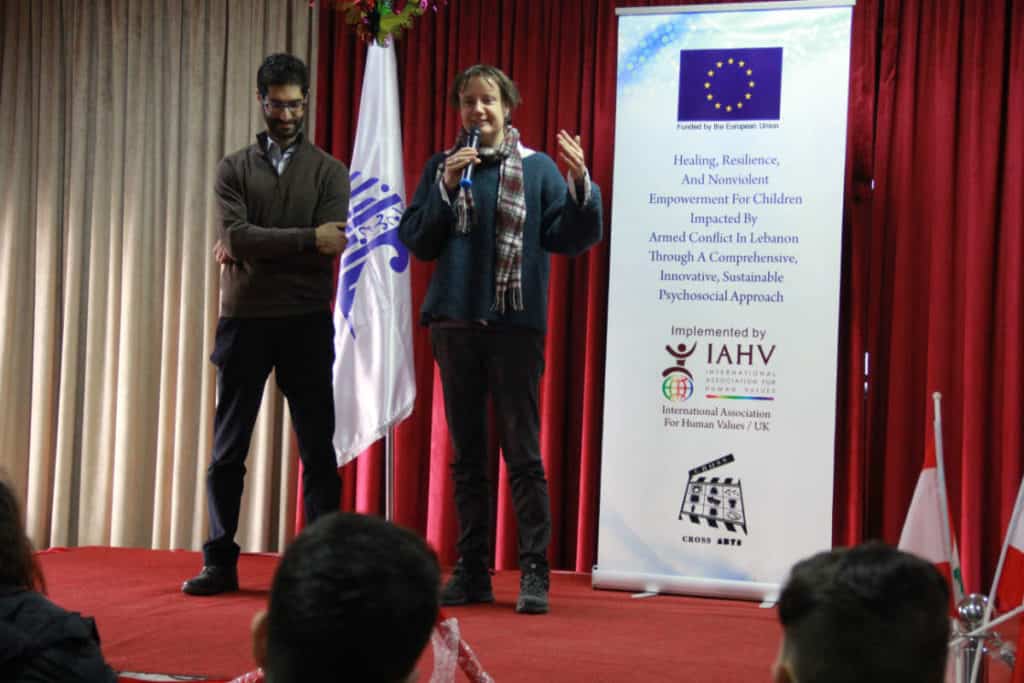Youth and young adults (ages 16 to 35 with possibility to extend) are critical stakeholders for mobilizing communities in support of peacebuilding.
The Youth Leadership Peacebuilding Training (YLPT) is a visionary project aimed at the physical, emotional, mental, spiritual and social empowerment and the professional peacebuilding skills training of the youth to take responsibility for the transformation of their communities into more peaceful societies and
become effective and skilled peace builders in their own communities. The YLPT provides 8-10 days of hard and soft skills development, focusing on individual empowerment and locally informed and owned peacebuilding strategies.
Working at both personal and interpersonal levels, YLPT addresses different types of change, including physical, mental, emotional, spiritual and interpersonal outcomes, transforming the attitudes and behaviours of youth and young adults from at-risk or high potential to high performing, responsible, confident and empowered citizens.
Its comprehensive set of tools and techniques build and enhance: stress management, trauma-relief and healing, resilience, self-knowledge and self-management, creativity and innovation, communication skills, value-based
leadership, team work, decision making, dynamism and entrepreneurship, interpersonal skills and volunteering spirit.
In addition, YLPT includes training in professional peacebuilding skills such as effective communication, mediation and conflict resolution techniques with direct relevance to violent contexts. Through applied conflict and peace analysis and facilitated peacebuilding program design, focusing on the factors, actors and dynamics most relevant to the local context, participants will design a peacebuilding project that is context relevant, effective, feasible and scalable and will start implementing this project as part of their training.
In addition, they will be trained to facilitate low threshold and accessible workshops on resilience and stress release in their communities to become multipliers of the benefit of the workshops.
IAHV’s approach is to give beneficiary communities a 'hand-up' rather than a 'handout' by empowering dynamic leaders to become role models and the driving force behind the prevention and transformation of radicalization and violence and the development of a process of deep peacebuilding that is self-driven and self-sustaining. In order to make a significant impact in conflict dynamics, IAHV’s programs suggest peacebuilding is most effective when
guided by ‘inside out’ strategies, developed and driven from the inspiration, ideas and commitment of local empowered people themselves.

